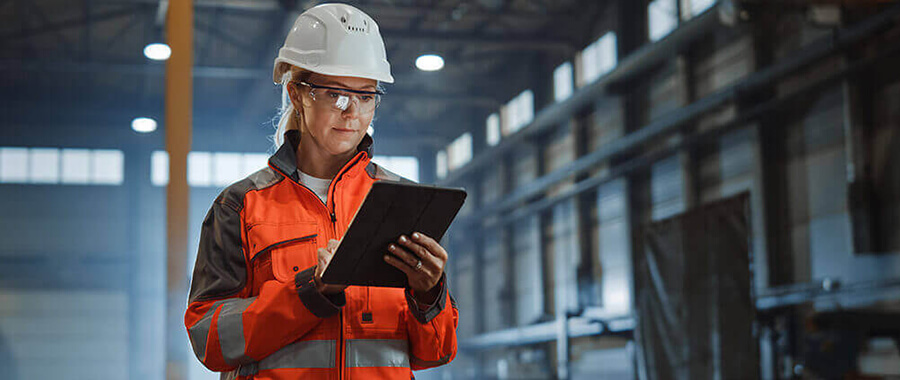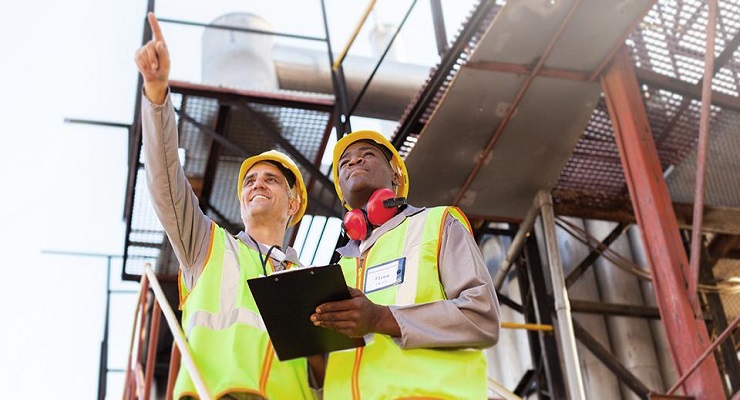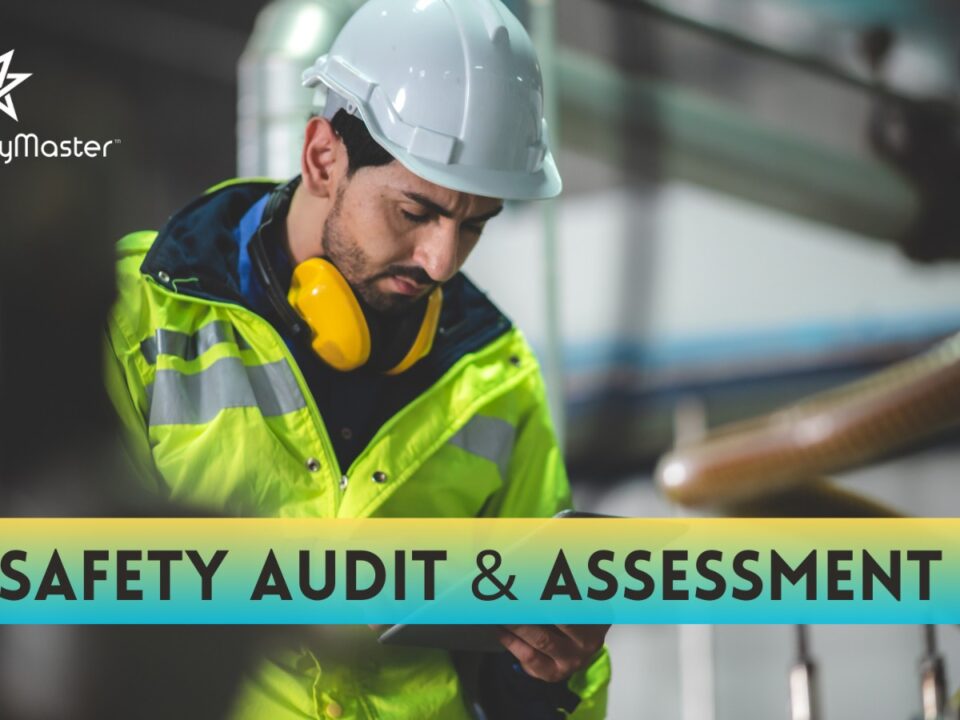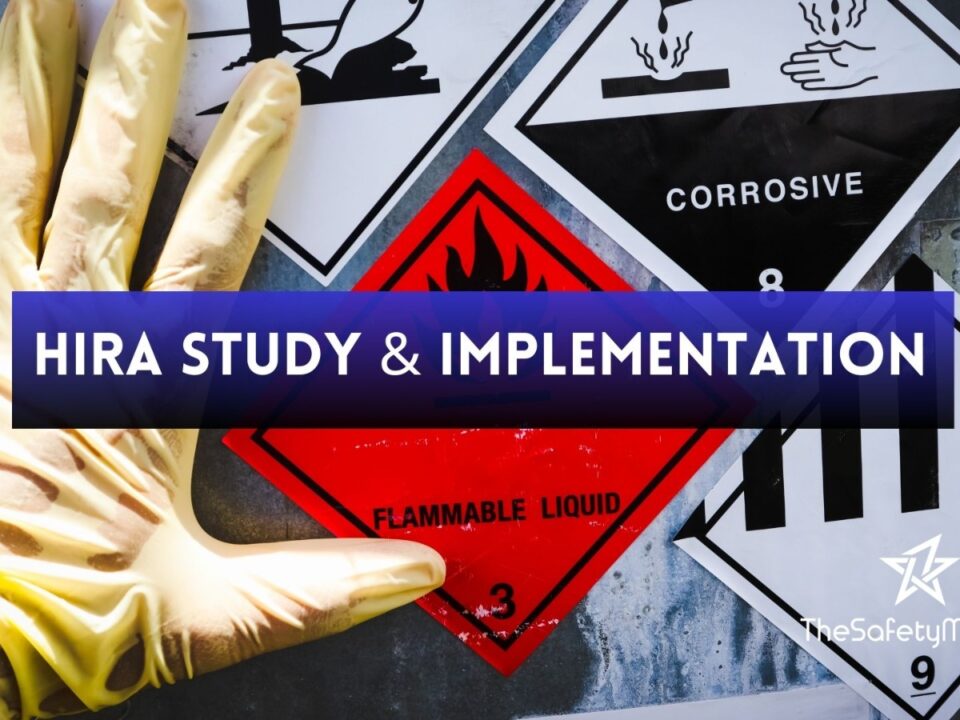The importance of conducting safety audits

Things to Look for in Online Safety Training
February 9, 2022
How to Improve Your Behavior-Based Safety Program
April 5, 2022Safety audits are an essential part of maintaining a safe working environment at your factory. When a safety audit is conducted, multiple outcomes may result during or after a completed audit. The primary goal of what we call 360-degree assessments such as safety audits, ergonomic assessments, offering assistance with training, and more is to maintain a safe work environment for the employees in the facility. There has been much introduction of the new machines into factories over the years.
These newer machines can often bring about new situations that may not have occurred with previous equipment. During an audit, an organization can be provided with feedback that is specific to their own company’s goals, objectives, and wants. While the intent of a particular examination might be unclear while it takes place, various situations may become apparent to the engineer conducting the assessment or any workers during or following the assessment.
How to conduct a safety audit
Determine the scope and objectives of the audit
Safety audits are essential to assess the current state of your businesses or facilities’ health and safety, highlighting hazards, areas of concern, or opportunities for improvement and development. A correct scoping of your business /facility’s safety management system with clear objectives will improve the success of the audit.

Create a report with recommended actions
Workplace accidents and injuries can have a huge impact on your business, and liability insurance costs are rising. You need to be proactive to protect yourself and your employees, but managing a safety program can be time-consuming. That is why we created a simple safety audit report tool.
The Audit Report Tool gives you a list of recommended actions that can cut down on risks in the workplace. The audit will highlight ways to increase efficiency, reduce workplace errors, reduce workplace hazards and prevent workplace accidents.
Set priority actions
A safety audit is a great way to set your organization on the path to improved safety. Conducting one helps you prioritize your safety program and identify weaknesses in the current system. It helps you identify critical issues such as hazards, risks, and violations that need to be corrected first.
A safety audit is a process of identifying risks to health and safety that have been stated or observed which have not previously been subject to significant controls within an organization. A good safety audit plan can be used to identify actions that need to be taken as well as measures that could be implemented in order to prevent dangerous situations from happening.
Propose actions to optimize health and safety
A safety audit is a proactive process designed to identify and correct, where necessary, any potential hazards; ensure compliance with health & safety regulations; and prevent injuries or illnesses.
Conducting a health and safety audit as part of a management system and providing Behavior Safety Training will uncover hazards and risks, allowing you to focus energy where it is needed most. By reviewing safety work processes, you will find gaps in your health and safety performance. Conducting an audit is a necessary part of improving health and safety.
Publish safety audit results
Safety audits are meant to make sure your business is safe, but in the end, they’re useless unless you know what they say. Each safety hazard should be addressed, and the results of your audit should be published so that everyone can read them.
A safety audit is a formal assessment of the risks to staff and others in the workplace or on-site or off-site operations. A safety audit provides information on potential health and safety issues and guides you on ways to avoid accidents. Conducting a safety audit determines likely causes and rates of injury in different environments; helps prioritize actions, identify potential hazards and reduce the chance of accidents occurring.
How we can help
- Process Safety
- Electrical Safety Audit
- Statutory Safety Audit
- Office Safety Audit
- Transport Safety Audit
- Construction Site Safety Audit
- Industrial Hygiene Audit
- Environmental Management Audit
- Warehouse Safety Audit
- Comprehensive Safety Audit
- Road Safety Audit
Contact us at info@thesafetymaster.com or 7665231743 with your inquiry



